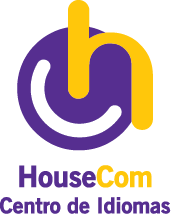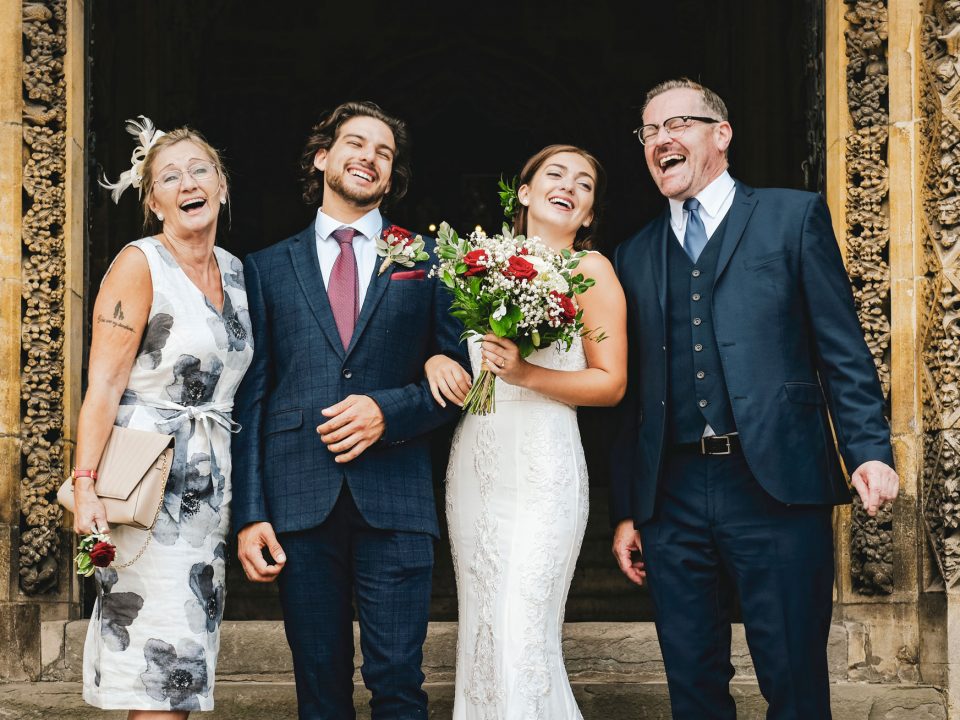
Men Hurt More in Bad Relationships
2 de julho de 2018
How we’ll earn money in a future without jobs – Martin Ford
6 de julho de 2018Job interview | Entrevista de emprego
It’s important to be prepared to respond effectively to the interview questions that employers typically ask at job interviews. Since these questions are so common, hiring managers will expect you to be able to answer them smoothly and without hesitation.
You don’t need to memorize an answer, but do think about what you’re going to say so you’re not put on the spot during the job interview. Your responses will be stronger if you prepare in advance, know what to expect during the interview, and have a sense of what you want to play up during your interview.
É importante estar preparado para responder efetivamente às perguntas da entrevista que os empregadores normalmente fazem nas entrevistas de emprego. Como essas questões são tão comuns, os gerentes de contratação esperam que você possa respondê-los sem problemas e sem hesitação.
Você não precisa memorizar uma resposta, mas pense no que você vai dizer para que você não seja colocado no local durante a entrevista de emprego. Suas respostas serão mais fortes se você se preparar com antecedência, saiba o que esperar durante a entrevista e tenha uma sensação do que deseja falar durante sua entrevista.
Top 10 Interview Questions and Best Answers
Top 10 perguntas de entrevista e melhores respostas
1. What is your greatest strength?
Qual é a sua maior força?
This is one of the questions that employers almost always ask. When you are asked about your greatest strengths, it’s important to discuss the attributes that will qualify you for the specific job and set you apart from the other candidates.
Esta é uma das perguntas que os empregadores quase sempre perguntam. Quando você for perguntado sobre suas maiores forças, é importante discutir os atributos que o qualificarão para o trabalho específico e o separarão dos outros candidatos.
2. What is your greatest weakness?
Another typical question interviewers will ask is about your weaknesses. Do your best to frame your answers around positive aspects of your skills and abilities as an employee.
Lying is one of the worst attitudes during the selection process. Remember that if HR identifies that you have lied in a selective process, or concealed an important point, you will be evaluated closely during your work and this can negatively mark your career forever!
Therefore, the main factor to do well in this situation is that you are 100% sincere. Open the game in the interview. Trust me, if you do it right you will not risk failing. Even because, it is exactly this answer that the recruiter expects from you. Let him know your limits and present them frankly, demonstrating that you have a good capacity for reflection and analysis.
But to succeed at this kind of question, do not just stop there. After presenting your weaknesses, immediately tell what you are doing to overcome these challenges. If you have not yet started this preparation, say when you want to start improving this difficulty.
This will show that you are able to analyze your current situation clearly and above all, you have a sense of urgency, you react to the problem in the search for a solution and you want to improve your professional career through your self-development.
So, go straight to the point: tell him what your difficulty is, where and how you observed it, what feedback you received that proves your vision of the problem, and what actions you are taking or will take to get out of this situation. Be transparent and willing to improve yourself so that everything will go well.
Outra pergunta típica entrevistadores irão perguntar é sobre suas fraquezas. Faça o seu melhor para enquadrar suas respostas em torno de aspectos positivos de suas habilidades e habilidades como empregado.
Mentir ou mascarar a realidade é uma das piores atitudes durante o processo seletivo. Lembre-se que se o RH identificar que você mentiu em um processo seletivo, ou ocultou algum ponto importante, você será avaliado de perto durante seu trabalho e isto pode marcar negativamente sua carreira para sempre!
Portanto, o principal fator para se dar bem nesta situação é que você seja 100% sincero. Abra o jogo na entrevista. Confie em mim, se fizer da forma certa você não corre o risco de dar um tiro no pé. Até porque, é exatamente esta resposta que o recrutador espera de você. Que você conheça seus limites e os apresente com franqueza, demonstrando que você possui uma boa capacidade de reflexão e análise.
Mas para ter um sucesso neste tipo de pergunta não basta parar por aí. Após apresentar seus pontos fracos diga, imediatamente, o que você está fazendo para superar estes desafios. Se ainda não tiver iniciado esta preparação, diga quando pretende iniciar a melhoria desta dificuldade.
Isto demonstrará que consegue analisar sua situação atual com clareza, e principalmente possui senso de urgência, reage ao problema na busca por uma solução e que deseja melhorar sua carreira profissional por meio do seu autodesenvolvimento.
Sendo assim, vá direto ao ponto: diga qual sua dificuldade, onde e como a observou, quais feedbacks recebeu que comprovam sua visão do problema e quais ações você está tomando ou tomará para sair desta situação. Seja transparente e tenha disposição para melhorar que tudo correrá bem.
3. Tell me about yourself.
Conte-me sobre você.
Before you can define who you are, you have to first understand your personality. Ask yourself questions, such as “what do I love to do?”, “how would my perfect day look?”, “what brought me joy as a child?” or “what scares me?”. When you can answer those questions, you can use the information to discover what your personality is.
Antes que você possa definir quem você é, você deve primeiro entender sua personalidade. Faça-se perguntas, como “O que eu amo fazer?”, “Como seria o meu dia perfeito?”, “O que me trouxe alegria quando criança”? ou “O que me assusta?”
Quando você pode responder a essas perguntas, você pode usar as informações para descobrir como é a sua
personalidade.
STRENGTH VOCABULARY
You can also share some of your personal interests which don’t relate directly to work. Adding personal interests and hobbies is often seen as irrelevant and unprofessional. Yet, the culture is changing.
A lot of companies are no longer looking for mere minions to sit and drink coffee and answer phones all day. They want them to fit in with their work culture.
Você também pode compartilhar alguns de seus interesses pessoais que não se relacionam diretamente com o trabalho. A adição de interesses e passatempos pessoais é muitas vezes vista como irrelevante e pouco profissional. No entanto, a cultura está mudando.
Muitas empresas não estão mais à procura de meros minions para se sentarem e beber café e atender telefones o dia todo. Eles querem que eles se encaixem com sua cultura de trabalho.
4. Why should we hire you?
Are you the best candidate for the job? Be prepared to say why. Make your response a concise sales pitch that explains what you have to offer the employer, and why you should get the job.
5. What are your salary expectations?
What are you looking for in terms of salary? It seems like a simple question, but your answer can knock you out of content for the job if you overprice yourself.
6. Why are you leaving or have left your job?
When asked about why you are moving on, stick with the facts, be direct and focus your interview answer on the future, especially if your leaving wasn’t under the best of circumstances.
7. Why do you want this job?
This question gives you an opportunity to show the interviewer what you know about the job and the company. Be specific about what makes you a good fit for this role, and mention aspects of the company and position that appeal to you.
8. How do you handle stress and pressure?
What do you do when things don’t go smoothly at work? The best way to respond to this question is to give an example of how you have handled stress in a previous job.
9. Describe a difficult work situation / project and how you overcame it.
The interviewer wants to know what you do when you face a difficult decision. As with the question about stress, be prepared to share an example of what you did in a tough situation.
10. What are your goals for the future?
This question is designed to find out if you’re going to stick around or move on as soon as you find a better opportunity. Keep your answer focused on the job and the company you’re interviewing with.
Do You Have Any Questions?
At the close of the interview, most interviewers ask whether you have any questions about the job or company. It’s always a good idea to have a list ready and to be prepared to respond.





